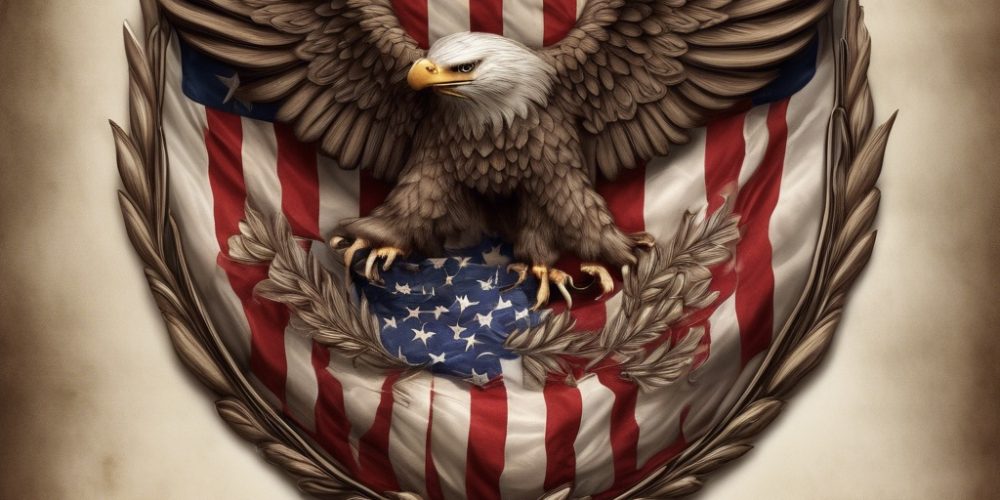Can Children be Beneficiaries of a VAWA Petition?

Can Children be Beneficiaries of a VAWA Petition?
Introduction
The Violence Against Women Act (VAWA) is a landmark piece of legislation in the United States aimed at protecting victims of domestic violence, sexual assault, and other forms of abuse. While the act primarily focuses on providing protection and immigration benefits to abused spouses or partners of U.S. citizens and lawful permanent residents, it also extends protection to certain family members. In this article, we will explore whether children can be beneficiaries of a VAWA petition and the process involved.
Understanding VAWA
VAWA was originally enacted in 1994 and has been reauthorized several times, with the most recent reauthorization in 2019. The primary purpose of VAWA is to address domestic violence and abuse by allowing certain abused family members to self-petition for legal status without relying on their abusers.
VAWA Benefits for Spouses and Parents
VAWA allows certain family members of U.S. citizens and lawful permanent residents to file a self-petition. These family members include spouses and parents of adult U.S. citizens. This means that if a child (an adult child) is a U.S. citizen and their parent is facing abuse from a U.S. citizen or lawful permanent resident, the parent can file a VAWA self-petition. However, this article focuses on the potential beneficiaries who are children.
Can Children be Beneficiaries?
While VAWA primarily targets spouses and parents of U.S. citizens or lawful permanent residents, it does not provide a direct avenue for children to be beneficiaries of a VAWA petition. The act does not include provisions for children to self-petition or gain immigration benefits under VAWA based on the abuse they may have suffered.
However, it’s essential to understand that children who are dependents of parents seeking VAWA protection may indirectly benefit from the process. If a VAWA self-petition is approved for a parent, and that parent is granted legal status, the child may also derive certain immigration benefits as derivatives of the parent’s status. These benefits may include the ability to obtain lawful permanent residency (green card) in some cases.
The eligibility of children as derivatives in such cases will depend on the specific circumstances, the relationship between the parent and the child, and immigration laws and regulations in effect at the time of the application.
Conclusion
In summary, VAWA primarily targets abused spouses and parents of U.S. citizens and lawful permanent residents. While the act does not provide a direct avenue for children to be beneficiaries of a VAWA petition, children may indirectly benefit from the process if their parent’s VAWA self-petition is approved. The eligibility of children as derivatives in such cases is contingent upon various factors and the immigration laws in effect. It’s important for individuals facing abuse and seeking immigration protection under VAWA to consult with our experienced immigration lawyers in New York at 718-407-0871 or online at https://www.prizant-law.com if you need help with VAWA Self-Petitioner case or any other solutions to your immigration problems.
